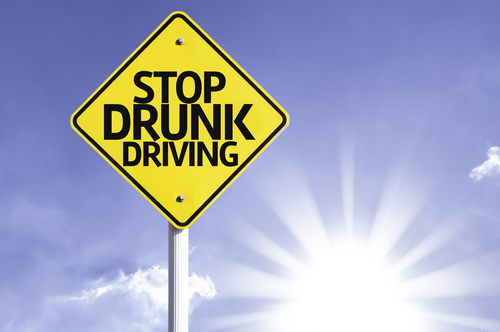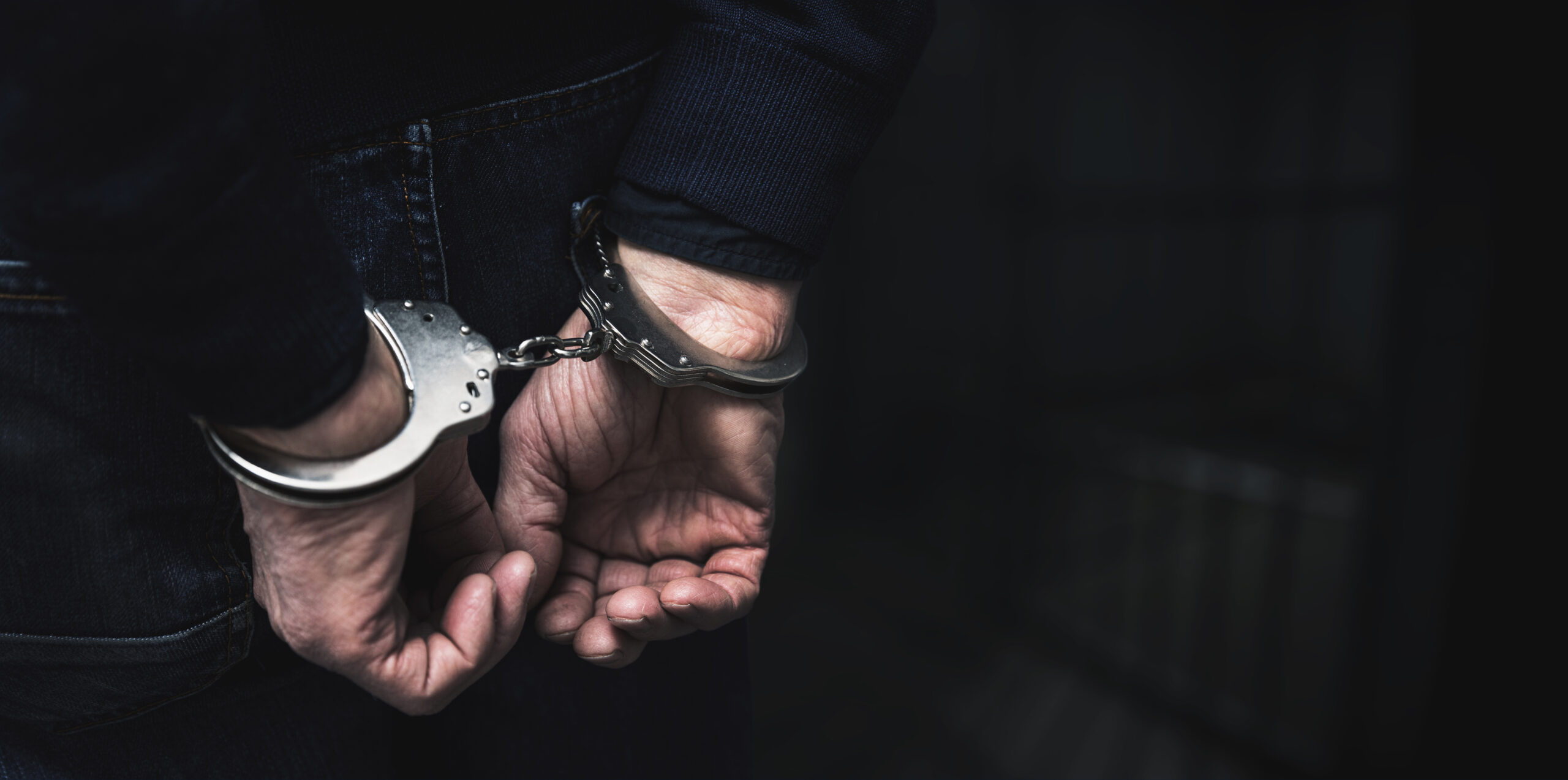In short, yes, a law enforcement officer can arrest you for driving under the influence (DUI) without evidence. If a police officer has reason to believe that you may be intoxicated while you are operating a motor vehicle, they are within their rights to arrest you. Luckily, you are within your rights to fight the conviction if they do not have sufficient evidence to charge you for the offense.
A Pennsylvania DUI Lawyer can defend you against the charges you face, working to help you avoid harsh penalties like expensive fines and jail time.
You Can Be Arrested for Driving Under the Influence of Alcohol If the Police Have Probable Cause
There are several variables that go into the officer’s decision to arrest you after you have been pulled over for a suspected DUI, but it mainly boils down to their reasonable cause in the case. Although it may seem unjust, there is a good chance that the officer is just trying to do their job and keep the streets safe. However, that is of little help when you are being led away in handcuffs for a crime that you did not commit.
There is an extreme societal stigma around DUIs, and for good reason. Driving under the influence of any prohibited substance is one of the most callous and irresponsible things a driver can do. Every time a driver does this, they are risking the lives and livelihoods of everyone around them.
Depending on the circumstances, a DUI conviction can potentially bar the accused from certain careers, their college of choice, or even prevent them from serving in our nation’s armed forces. A DUI attorney may be able to help you fight these unjust accusations and get your life back on track if you have been charged without proper evidence. Nobody deserves to have their life torn away for something they did not do.
What Are Some Potential Reasons an Officer Might Charge You With a DUI Without Evidence?
These reasons may vary from technical malfunctions of your vehicle to refusal to cooperate with an officer, to your overall actions. In the state of Pennsylvania, as well as many states around the United States, an officer can use their intuition to take a driver into custody for a DUI or DWI (driving while intoxicated) offense. This means that they technically do not have to do a chemical test to determine the person’s intoxication level.
If you are brought to trial for your DUI charge, the officer will typically be asked to testify in court as to their reasoning for pulling you over and taking you into custody without any physical evidence.
There is a variety of reasons why a defendant may not be tested for DUI and still be charged with one. These may include, but are not limited to:
A Test Was Not Done Because the Accused Refused to Be Tested
All drivers have the right to refuse a DUI test, whether it is a field sobriety test, a urine test, a blood test, or a traditional blow test, sometimes called a Preliminary Alcohol Screening Test (PAS).
However, this refusal will automatically result in a 12-month license suspension, or more, under Pennsylvania law, according to the Pennsylvania General Assembly. Our DUI lawyer can help answer any questions you may have about this test refusal.
A Test Is Not Shown During Trial Because It Was Ruled to Be Inadmissible During the Court Hearing
This variable does not mean that a test was never performed but, rather, that the test cannot be brought into evidence during trial. This may occur because your DUI lawyer shows that the officer violated your rights when collecting the chemical sample. As a result, the jury will not see or hear the final test results.
A Test Was Not Performed Because the Defendant Was Charged With a DUI Due to Their Actions Rather Than a Chemical Test
An example of this would be if an officer smelled alcohol on the driver’s breath after they pulled the driver over for swerving. This DUI charge does not require any actual proof; it is just assumed by the officer’s observations that the driver was impaired when committing the act in question. While a “per se DUI” would be any alcohol intake above the legal limit of .08%, this number is lower for commercial drivers (.04%), and drivers under the age of 21 (.02%), according to the Pennsylvania Department of Transportation (PennDOT).
A prosecutor may then seek to convict a driver of a “DUI less safe” charge if the evidence is not there, simply because they cannot prove the exact level of intoxication. This charge aims to say that while they were not above the legal limit, their consumption of alcohol did, in fact, negatively affect their driving. The prosecution may have a lot of legal leeway with this definition, but a DUI attorney can take up your legal cause to help fight this.
Types of Evidence That Could Be Used Against You in a DUI Case
Even though you could be arrested for DUI just based on an officer’s reasonable suspicion, you can’t be found guilty if there is no proof against you. If the prosecution is attempting to convict you, they’ll need to collect evidence such as:
- Video footage of the way you were driving
- Statements from anyone who saw you driving or served you alcohol
- Photos or videos of you consuming alcohol before you drove a car
- Test results confirming that your blood alcohol content was too high for you to be driving a car
- A police report, if one exists
If an officer thinks the way you’re driving has something to do with your BAC, this is reason enough to arrest you. However, you can’t be found guilty if there is no evidence proving you were driving drunk. Our criminal defense attorney can defend you as the prosecution attempts to send you to jail. We can counter the evidence they present in our fight to clear your name.
A DUI Attorney Ready to Fight for You
At McKenzie Law Firm, P.C., we will fight for our clients’ rights against DUI convictions. To find out more and have your free consultation today, call now.
We can answer your legal questions and explain your next step forward if you face DUI charges.



